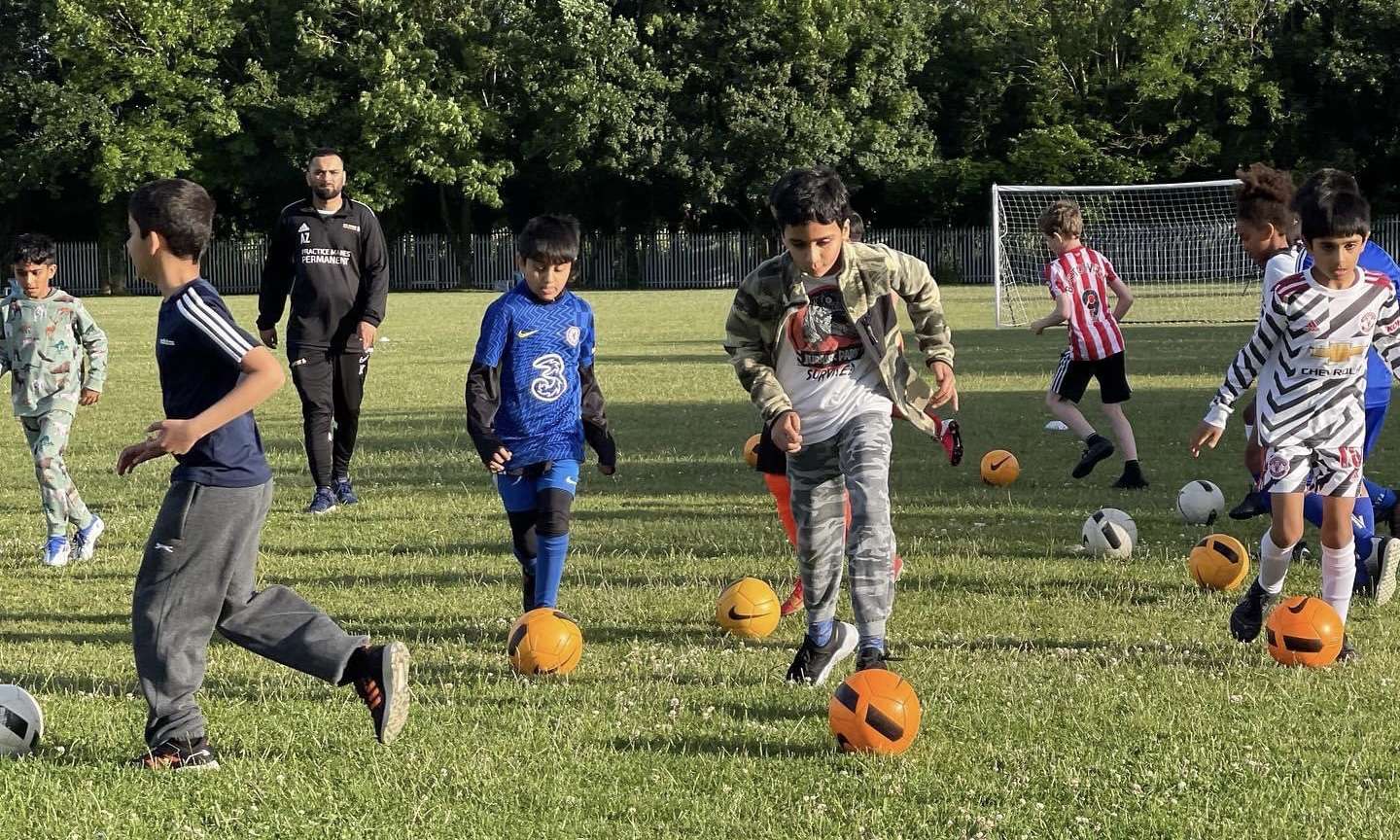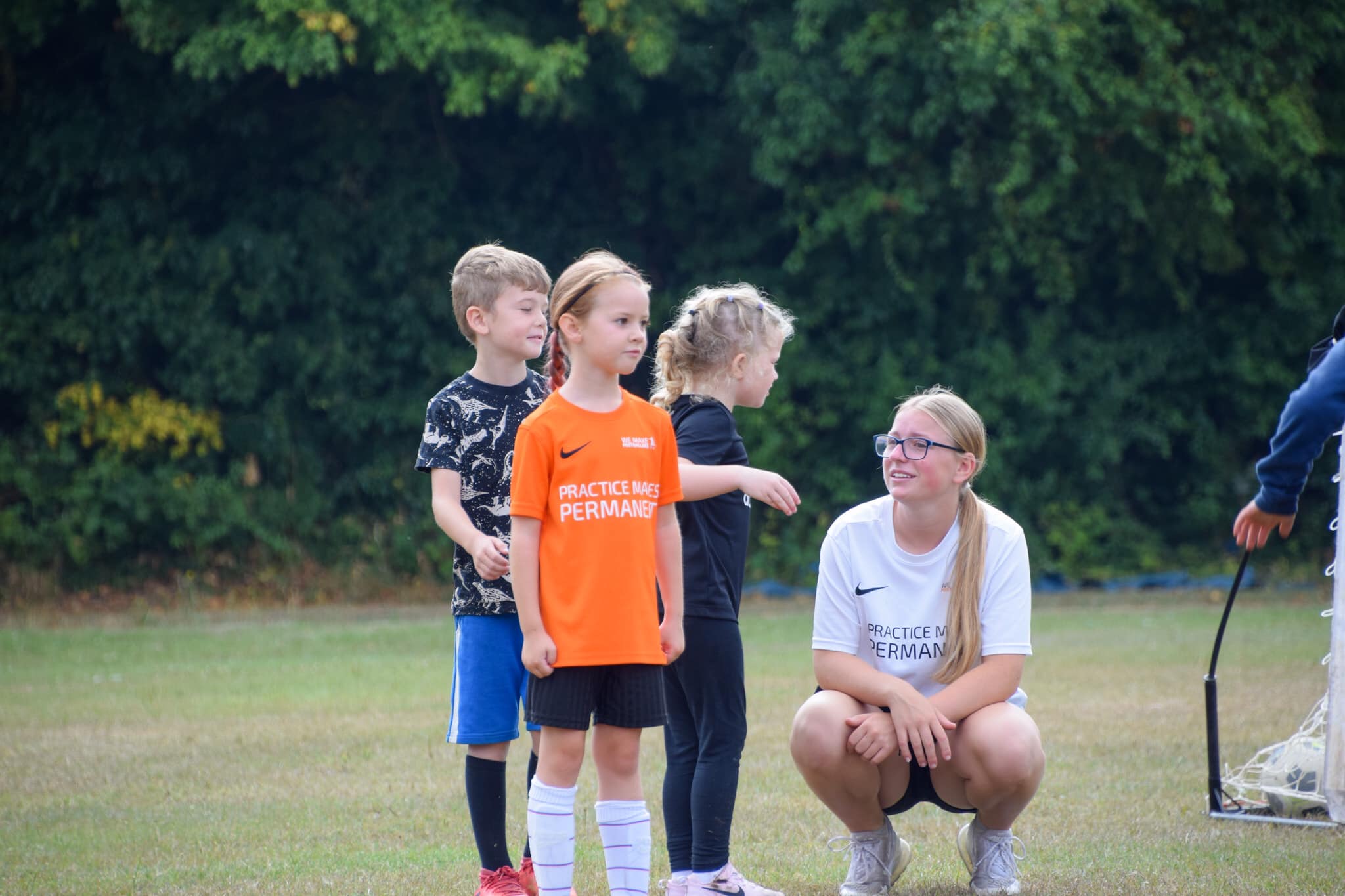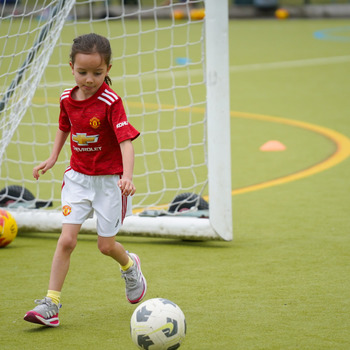Six hours and 30 minutes. According to a pre-lockdown report by Childwise, that was how long the average child in the United Kingdom spent in front of a screen every day in 2019. The pandemic is likely to have pushed that already alarming figure even higher, putting the dangers of too much screen time for children front and centre of the nation’s mind.
UNICEF’s lead researcher on child internet use, online safety, and child rights have said: “Digital media has become the primary means through which young people play, communicate, receive, create, share information and express themselves.”
Compare this to previous generations and the screens they grew up with. Kids of the 1980s had only television. Kids of the 1990s had television, computer games, and the early internet. Kids of the 2000s had television, computer games, the internet, and first-generation smartphones carrying one or two social media platforms.
In contrast, the current generation of children spends between two and three hours per day watching television. One to three hours is spent browsing the internet. Another one to two hours on their mobile phones and one to two hours playing video games.
The dangers of too much screen time to children are well known. The British Psychological Society has warned that: “Too much screen time for young children can unintentionally cause permanent damage to their still-developing brains. The ability to focus, to concentrate, to lend attention, to sense other people’s attitudes and communicate with them, to build a large vocabulary - all those abilities are harmed.”

A detrimental impact on the still-developing brains of children is only part of the problem. One of the biggest issues surrounds what screens can do to the sleep cycle. The type of blue light that they emit interferes with the brain, tricking it into believing that it is still daytime. The brain, therefore, fights hard to keep the body awake, even when it is craving and needing sleep.
Most adults have experienced this. You pull a late one at work and only switch off the laptop immediately before heading to bed. Or you find yourself browsing Facebook, Twitter, or Instagram as the very last thing you do before trying to sleep. You then find yourself lying there awake for hours. The reason? It takes you an age to fall asleep because the light from your screen has left your brain unable and unwilling to shut down immediately.
Most experts recommend no screen time for the two hours before bed to give the brain a chance to relax and aid the length and quality of sleep. And that is the guidance for adults. Getting a good night’s sleep is particularly important for children, so imagine the impact that staring at a tablet or playing a video game right up until bedtime can have.
In the short term, it means a tired child the following day. They, therefore, struggle to concentrate at school, impacting their education. Lack of sleep can also cause stress, anxiety, and depression. In the long term, it can lead to problems with insomnia which stretch into adulthood. It is no exaggeration to say that exposing a child’s brain to blue light immediately before bedtime has an effect potentially lasting many years into the future.
Both mental health and physical fitness are also affected by children having too much screen time. A study published by the British Medical Journal in 2019 conducted a review of existing research into the impact of excessive screen time. It found moderately strong evidence linking screen time to obesity and higher depressive symptoms, and moderate evidence linking screen time and less healthy diet quality.
If a child spends all day, every day in front of a screen rather than getting the 60 minute minimum of moderate physical activity recommended by the NHS, they are at an increased risk of suffering from obesity and all the other health complications that come with it.
The impact of too much screen time on children’s mental health meanwhile is big news, especially when it comes to social media. A former Facebook employee, Frances Haugen, told a US congressional committee in October 2021: “I believe Facebook’s products harm children, stoke division, and weaken our democracy. The company’s leadership knows how to make Facebook and Instagram safer but won’t make the necessary changes because they have put their astronomical profits before people.”
Before her appearance in front of congress, Ms. Haugen had been the anonymous whistleblower leaking internal Facebook documents to the Wall Street Journal. These documents revealed the company knew Instagram was damaging teenagers’ mental health. Facebook merely decided to ignore the findings of its own report.
Breaking the cycle of too much screen time is easier said than done. Whilst many people acknowledge that children need to spend less time interacting with technology, most are either unwilling or unaware that a huge part of the problem is fuelled by technology companies deliberately set out to make their products and platforms as addictive as possible to children.
Ms. Haugen likened the appeal and addictiveness of Instagram to tobacco. “It’s just like cigarettes, teenagers don’t have good self-regulation.” Ms. Haugen also claimed that Facebook intentionally targets teens and “definitely” targets children as young as eight for its Messenger Kids app. The younger they are, the easier they are to get hooked.
Social media is not alone in this quest for addiction. Computer games too set out to get ensure that children become addicted to their output. Facebook and other social media platforms want children to spend as much time as possible on their sites as it increases advertising revenue.
The computer games industry wants children addicted to buying spin-offs, add-ons, and the latest games and consoles as soon as they come out. Both are billion-pound industries, for whom children are major customers.
There is at least one industry trying to fight back against tech companies and reduce the amount of screen time children are exposed to – the children’s activity sector. As the UK emerges from 18 months of lockdowns, getting children physically active again has never been more important – especially in light of the tech companies' drive to get children spending even more time in front of their screens.
Speaking at the Children’s Activity Providers 2021 ICap Conference, Sean Conlon from We Make Footballers said: “The children’s activity sector is such an important space to be involved in. Without coming across as ‘overdramatic’, the industry is integral in the construction of our future society.”
“Of the many issues our young people are currently facing, one is certainly the amount of screen time they get. One of the points raised today was that gaming companies employ the smartest people in the world, and they are designing games to be as addictive as possible, with access to huge amounts of data that help them learn how to make them even more addictive. Our sector is kind of at war with the technology industry in many ways.”

Physical activity can counteract all the problems associated with too much screen time. After-school sports classes provide the aforementioned one hour of moderate exercise per week recommended by the NHS, helping to fight obesity and keep children fit and healthy.
Children who exercise regularly experience a boost to their mental health through the endorphins released by the brain after physical activity. Known as “runners high” because of the feel-good factor experienced after going for a run, these endorphins help fight a range of conditions, including anxiety and depression.
With such mental health problems more prevalent in young people than ever before, it has never been more important for children to be physically active for the sake of their mental wellbeing. Exercise also helps improve sleep quality, reducing the chances of suffering from insomnia.
Whilst there can be no doubt that technology has brought numerous benefits to the world – particularly in keeping people connected during lockdowns – there is also a dangerous side to it, especially when it comes to the impact too much screen time can have on children, both physically and mentally.
There is a balance to be struck between how long children spend watching television, playing games, browsing the internet, and interacting on social media, and partaking in the physical activity that they desperately need. At the moment, that balance is titled far too much in favour of technology. That is bad news for the next generation.
As Mr. Conlon said: “We have to fight to get the new generations of children learning to play music, dancing, playing sport and all the other similar activities which will help turn them into better future humans!” The battle starts now.



